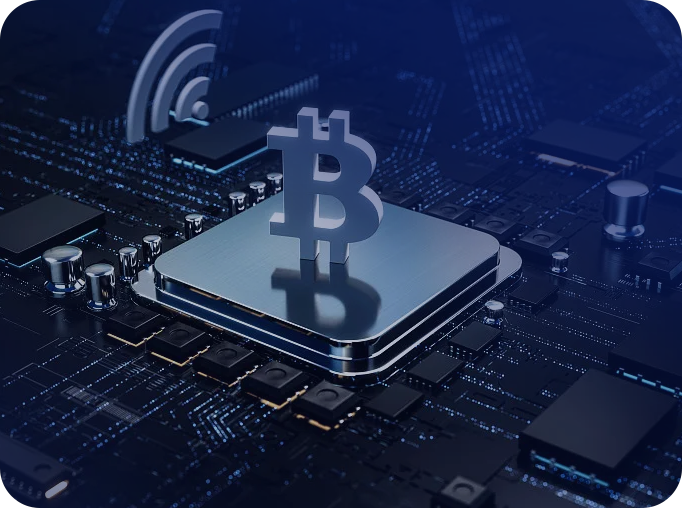What is the data center concept
A data center is a complex facility that contains a range of computer hardware and software resources for storing, processing, and distributing data. Data centers are the heart of modern information technology infrastructure, providing critical data services and network connectivity for various organizations and businesses. Here are some basic concepts of data centers:
1. **Servers**: Data centers often have a large number of servers that process data and run applications.
2. **Storage Systems**: Data centers contain a large number of data storage devices, such as hard disk drives (HDDs), solid-state drives (SSDs), and tape libraries, which are used to store large amounts of data.
3. **Network Connectivity**: Data centers provide high-speed network connections, ensuring that data can be quickly transferred to the internet or other data centers.
4. **Cooling System**: Since equipment in data centers generates a lot of heat, an effective cooling system is required to keep the equipment running at the right temperature.
5. **Security Systems**: Include physical security (e.g., access control, surveillance cameras) and network security (e.g., firewalls, intrusion detection systems) to protect data centers from unauthorized access and attacks.
6. **Backup and Disaster Recovery**: Data centers implement data backup and disaster recovery plans to ensure that data is not lost and services can be restored quickly in the event of a failure or disaster.
7. **Energy Efficiency**: Data center operations require a significant amount of electricity, so energy efficiency and sustainability are important considerations in designing and managing data centers.
8. **Cloud Services**: Many data centers now offer cloud services, allowing users to access storage space and computing resources over the internet.
9. **Service Level Agreement (SLA)**: A service level agreement is signed between the data center and the customer, clarifying terms such as service quality, availability, and maintenance response time.
10. **Location**: The location of a data center has a significant impact on its performance and cost. Some data centers may be located in areas with a low risk of natural disasters or near areas with sufficient energy supply.
Data centers can range in size from small, single-room facilities to large, multi-building campuses, which can be owned and operated by a single company or managed by a third-party service provider for multiple customers. With the rise of cloud computing and big data, the role of data centers has become increasingly important.

